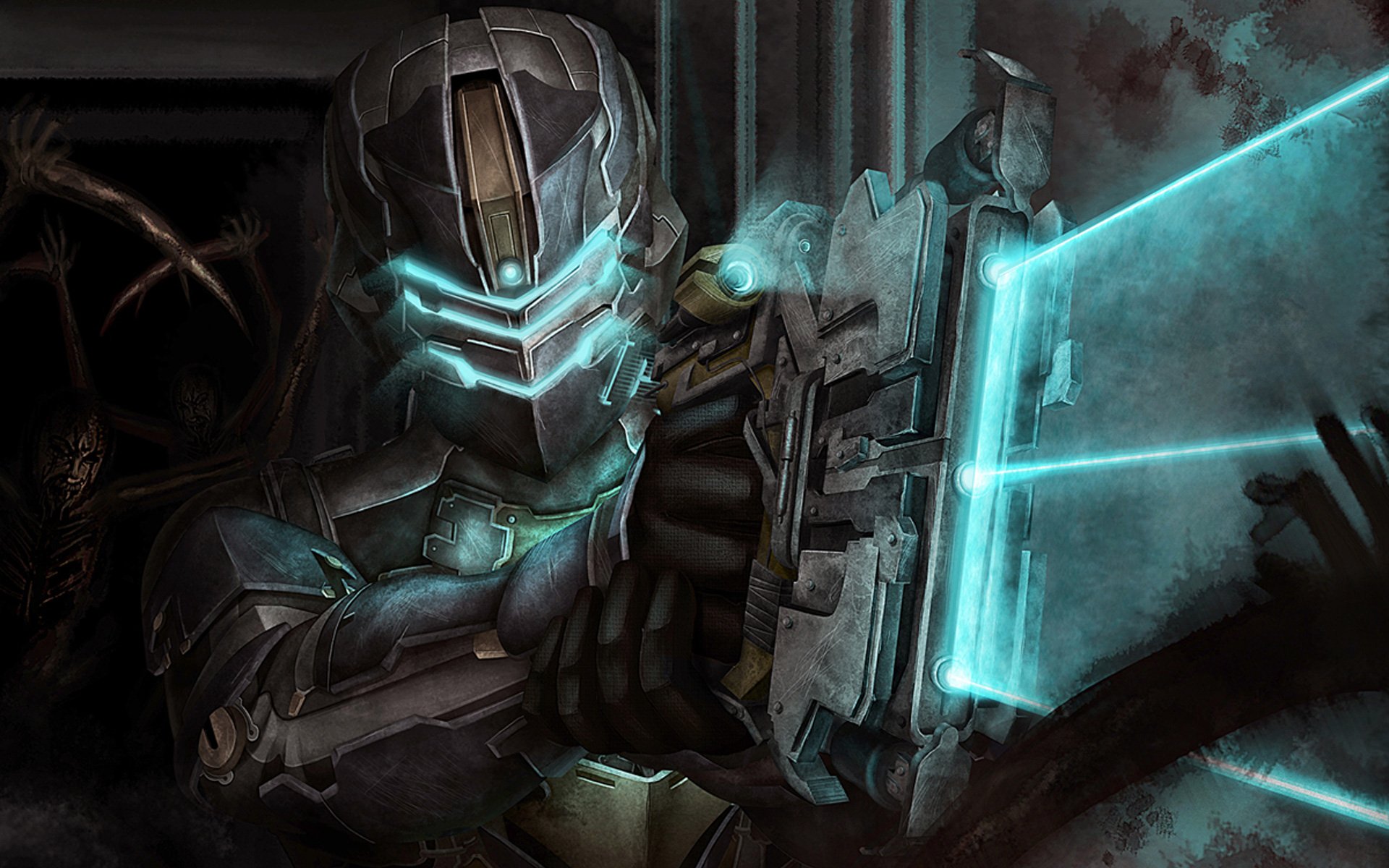A few weeks ago, DualShockers reported that EA's Chief Financial Officer (CFO), Blake Jorgensen, went into detail about the company's reasoning behind closing down Visceral Games, creators of the Dead Space franchise.
According to Jorgensen, the game was a "much more linear game, that people don't like as much today as they did five or ten years ago." For those who don't know, a linear game is a title where there's only one path to take to complete the game.
While it may be true that linear titles aren't as popular as they used to be, they still offer an experience that more openly-designed games can't achieve, and they can still be successful in the industry today.
A tightly-knit story
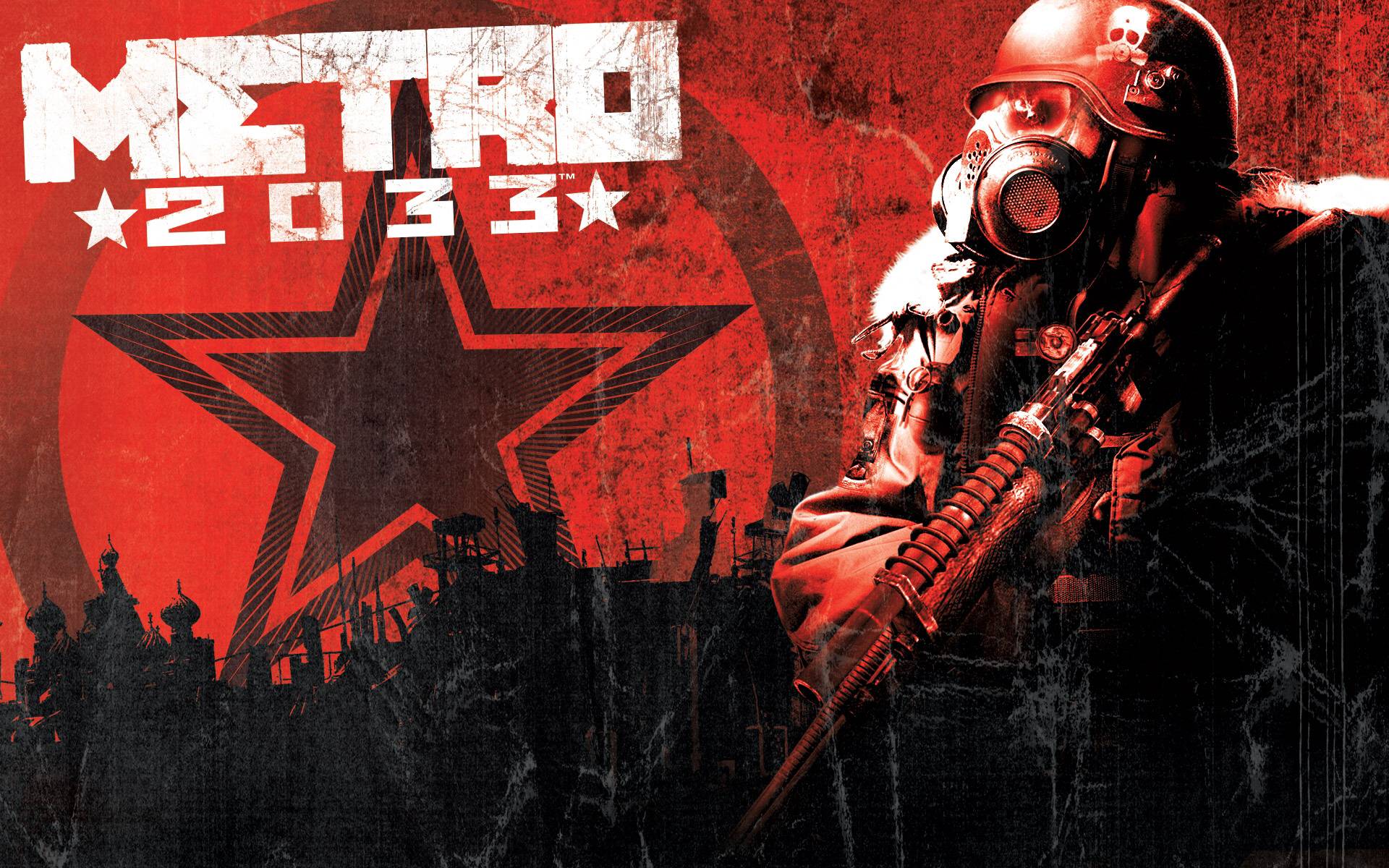
A massive advantage that linear games have over free-roam or open-world titles is that the developer can structure the story in a way that's controlled, as opposed to the non-linear approaches that often let the player have as much freedom as possible.
Having a linear design allows for stories to be told at paces that best suit them.
Taking away freedom from the player may seem like a bad thing, but there are some positives to having a more regulated narrative. Developers can ensure that the story of their game is progressed through fluidly, making it feel cohesive and well-paced. In an open-world game, you often are encouraged to complete the storyline in pieces.
This isn't necessarily a bad part of the open-world experience — some stories are best told in increments — but this type of game design simply can't achieve the same level of structure that a linear game can.
In essence, linear titles allow our game stories to be written in a way that resembles a book or a movie, with the added benefit of you being able to participate in the central conflict. Where non-linear titles give you an opportunity to tell your own story, linear ones tell one to you.
All the latest news, reviews, and guides for Windows and Xbox diehards.
Value of scripted events
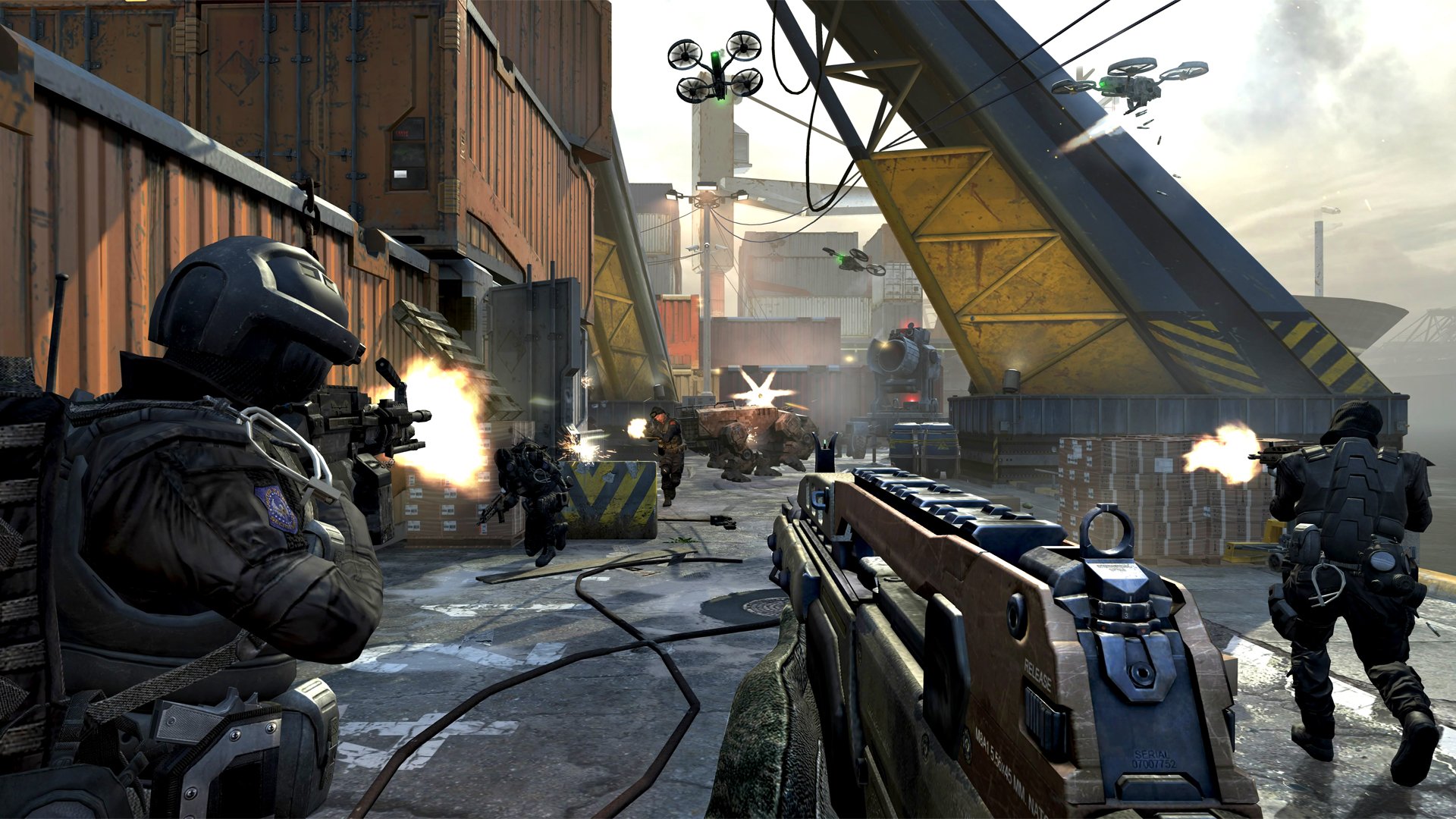
The more controlled environment in linear games also opens the door for a variety of gameplay experiences in the form of "scripted events." A scripted event is something that is guaranteed to happen within an area of a game when the player reaches it. For example, an enemy ambush after the player reaches a certain point would be considered a scripted event.
A situation like this is hard to design in a more open game due to the nature of the experience itself. When you have the freedom to traverse the world in whatever way you want, there's a high chance you'll avoid a scripted event without even realizing it because of how unlikely it will be you'll go where the event is.
With linear titles, there's only one path you can go down. As a result, there's no possible way that you can bypass the scripted event. This ensures that you'll end up getting to participate in the gameplay experience the event creates, whatever that may be.
Why linear games can successfully exist today
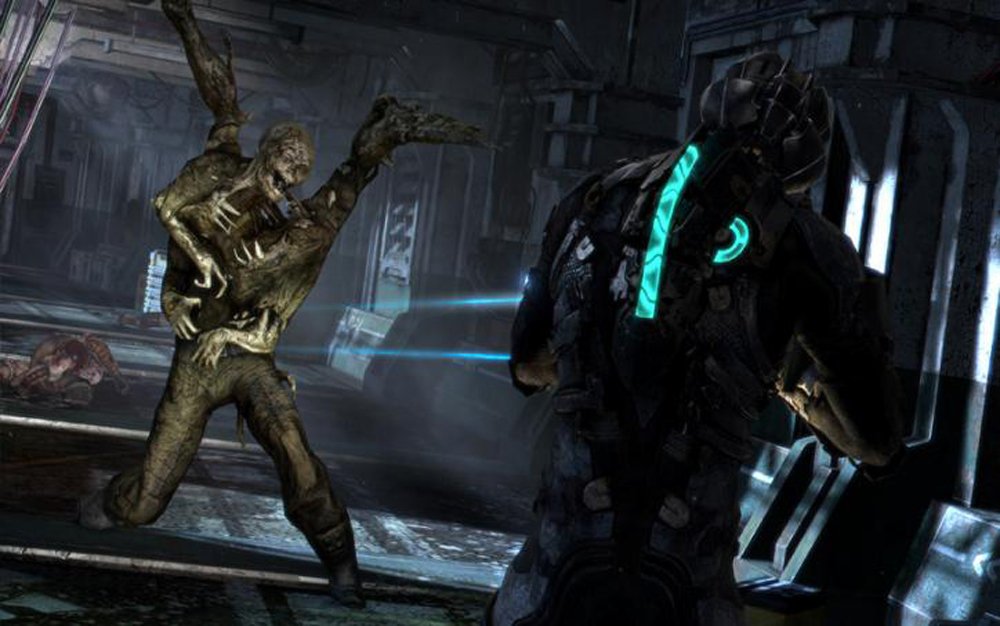
It's undeniable that linear titles have been on the decline for years, and that's especially true in 2017, when only a small handful of more structured games have been released amidst a sea of non-linear, open-world style products.
The success of well-made linear titles in recent years proves that they are still viable.
Yet, that by no means indicates that they're a poor investment. Though the demand for linear games has fallen, there's still a strong market for them. The Metro series, Wolfenstein series, and Rise of the Tomb Raider are three examples of types of titles that have achieved commercial success today despite being linear, and they're critically acclaimed.
These games aren't as profitable on a mass scale, of course, but do they need to be? Does every experience need to be marketable to the general audience? I don't think so. It's OK to have products that target a smaller consumer base, provided that there's an opportunity to earn money.
Conclusion
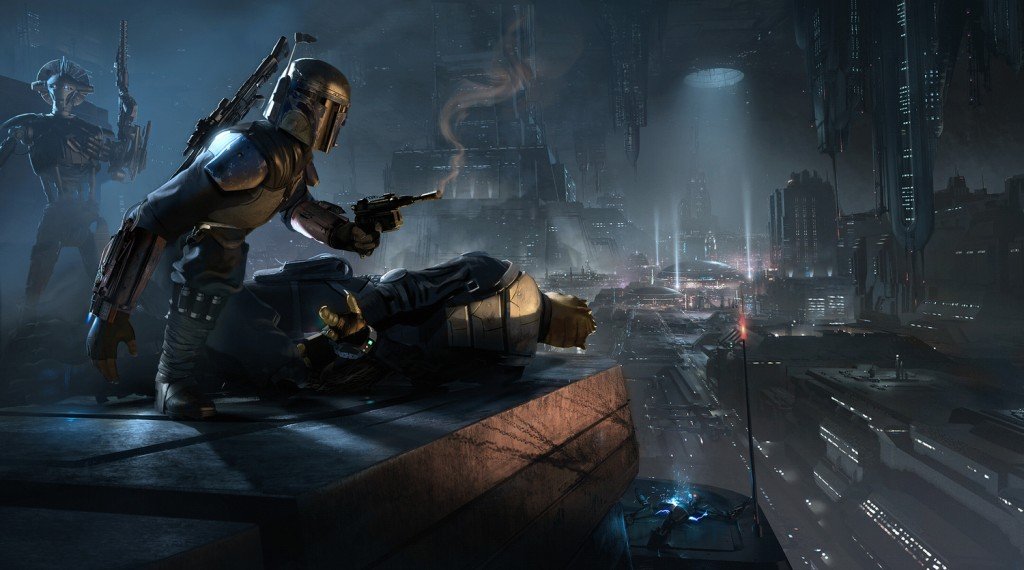
Though not as profitable as they were years ago, linear games still offer a good opportunity for companies to make money. Offering unique story and gameplay advantages that more open-world-style games cannot achieve, linear titles stand out as a genre that should be embraced by the gaming industry.
Your thoughts
Do you think that the gaming industry should put more faith in linear titles? Let me know what you think.

Brendan Lowry is a Windows Central writer and Oakland University graduate with a burning passion for video games, of which he's been an avid fan since childhood. He's been writing for Team WC since the summer of 2017, and you'll find him doing news, editorials, reviews, and general coverage on everything gaming, Xbox, and Windows PC. His favorite game of all time is probably NieR: Automata, though Elden Ring, Fallout: New Vegas, and Team Fortress 2 are in the running, too. When he's not writing or gaming, there's a good chance he's either watching an interesting new movie or TV show or actually going outside for once. Follow him on X (Twitter).
